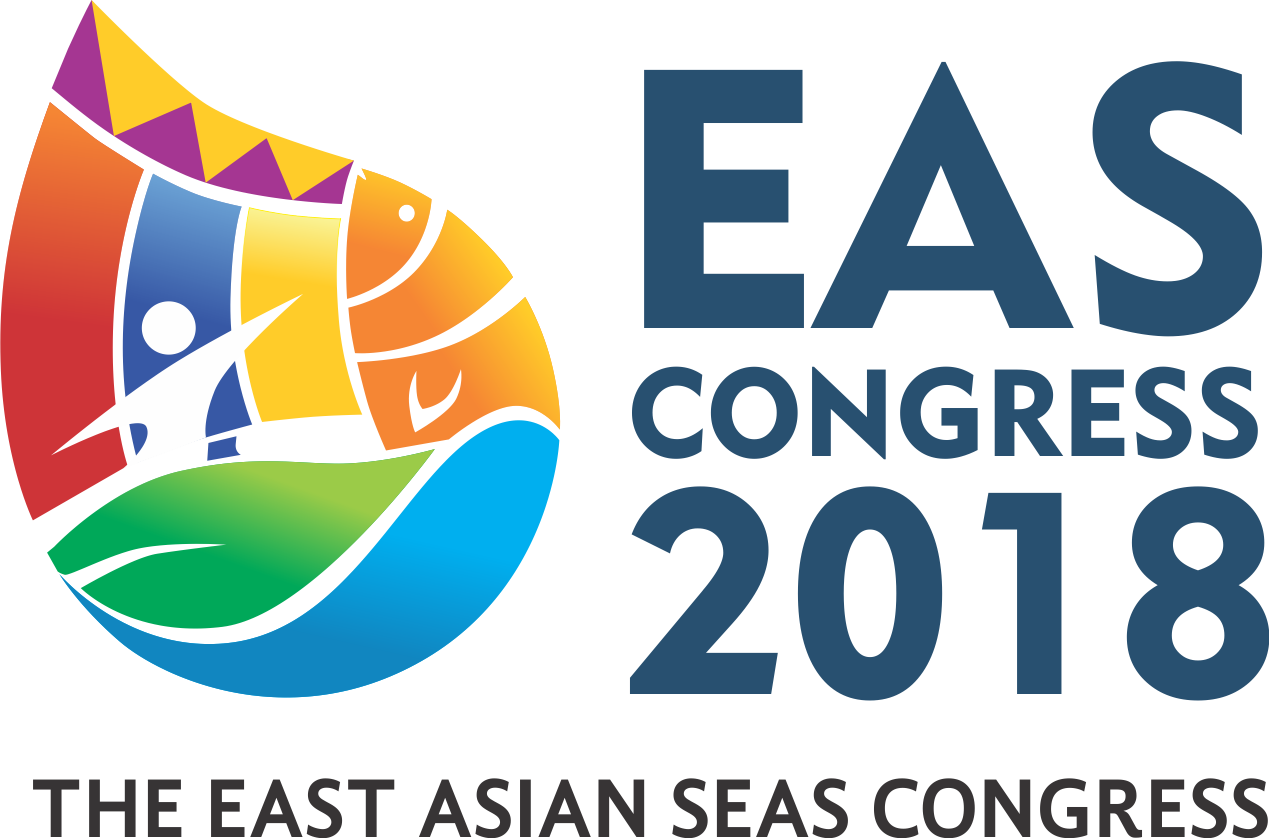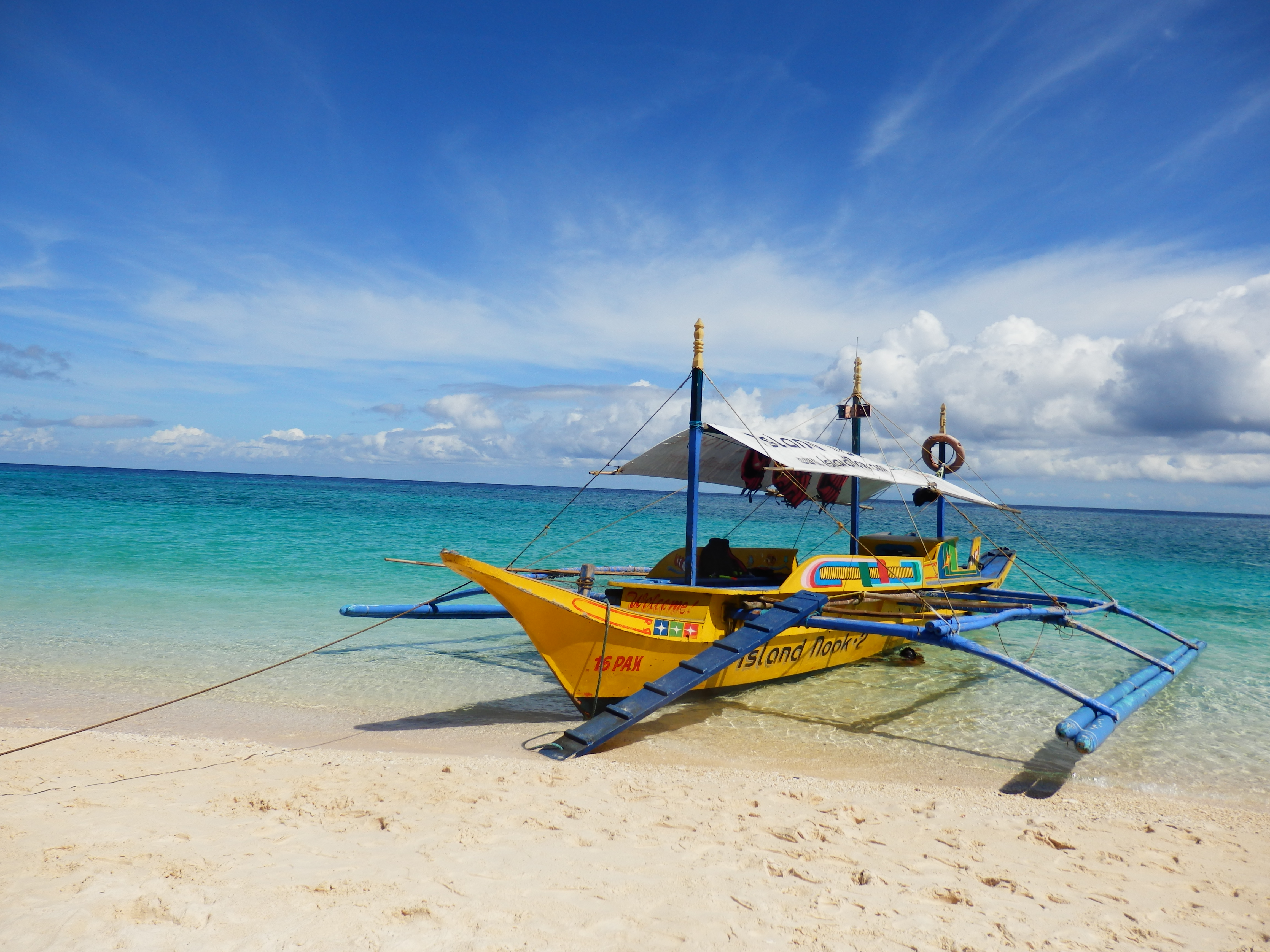The Philippines remains fully committed to sustainable coastal development as it continues to support regional effort towards the sustainable use of coastal and marine ecosystems, according to the Department of Environment and Natural Resources (DENR).
The DENR said the country is a committed partner of the Partnerships in Environmental Management for the Seas of East Asia (PEMSEA), an intergovernmental organization working to foster and sustain healthy and resilient oceans, coasts, communities and economies across the region.
DENR Undersecretary for Climate Change and Mining Concerns Analiza Rebuelta Teh, who is the PEMSEA national focal point, said the country’s affiliation with the regional organization has led to the successful adaption and implementation of the Integrated Coastal Management (ICM) program under Executive Order (EO) 533.
ICM helped government agencies, companies and other organizations to achieve social and economic development targets by addressing the governance of human activities affecting the sustainable use of coastal and marine ecosystems through a set of easily understood processes and supporting tools.
One of the most successful ICM projects in the Philippines was habitat protection, restoration and management in Batangas province. Through a province-wide ICM program, 14 coastal municipalities and various stakeholders established a network of marine protected areas to manage and protect fisheries resources, coral reefs, sea grass beds and mangrove forests.
“From these collaborative efforts, Batangas residents have benefited from increased fish catch and abundance, and the return of important fish species,” Teh said, citing a PEMSEA statement.
The PEMSEA had earlier reported that a catch monitoring study conducted by the World Wildlife Fund for Nature-Philippines confirmed the presence of larger and economically important fish species like skip jacks.
Other ICM project sites include the provinces of Bataan, Mindoro, Camarines Sur, Guimaras and Misamis Oriental. These projects highlight the country’s actions and initiatives that support the United Nations Sustainable Development Goals, the Sustainable Development Development Strategy for the Seas of East Asia, and the blue economy development in the region.
As part of their continuing strong partnership, Teh said that the DENR and PEMSEA are co-hosting this year’s East Asia Seas Congress on November 27-30 in Iloilo City.
The event will bring together environment ministers among PEMSEA partner nations to further strengthen regional cooperation in promoting sustainable coastal development.
“The Philippines fully recognizes the magnitude and importance of the Ministerial Forum as a milestone event that engages policy dialogue and facilitates greater regional commitment and cooperation among PEMSEA country and non-country partners,” Teh stressed.
Issued in June 2006, EO 533 adopted the ICM as a national strategy to ensure the sustainable development of the country’s coastal and marine environment and resources, and establish supporting mechanisms for its implementation.
The law recognizes ICM as “an effective approach to sustainable coastal and marine development with demonstrated benefits in enhancing economic growth, ecosystem protection, promotion of social equity, and the quality of life of the people.”

